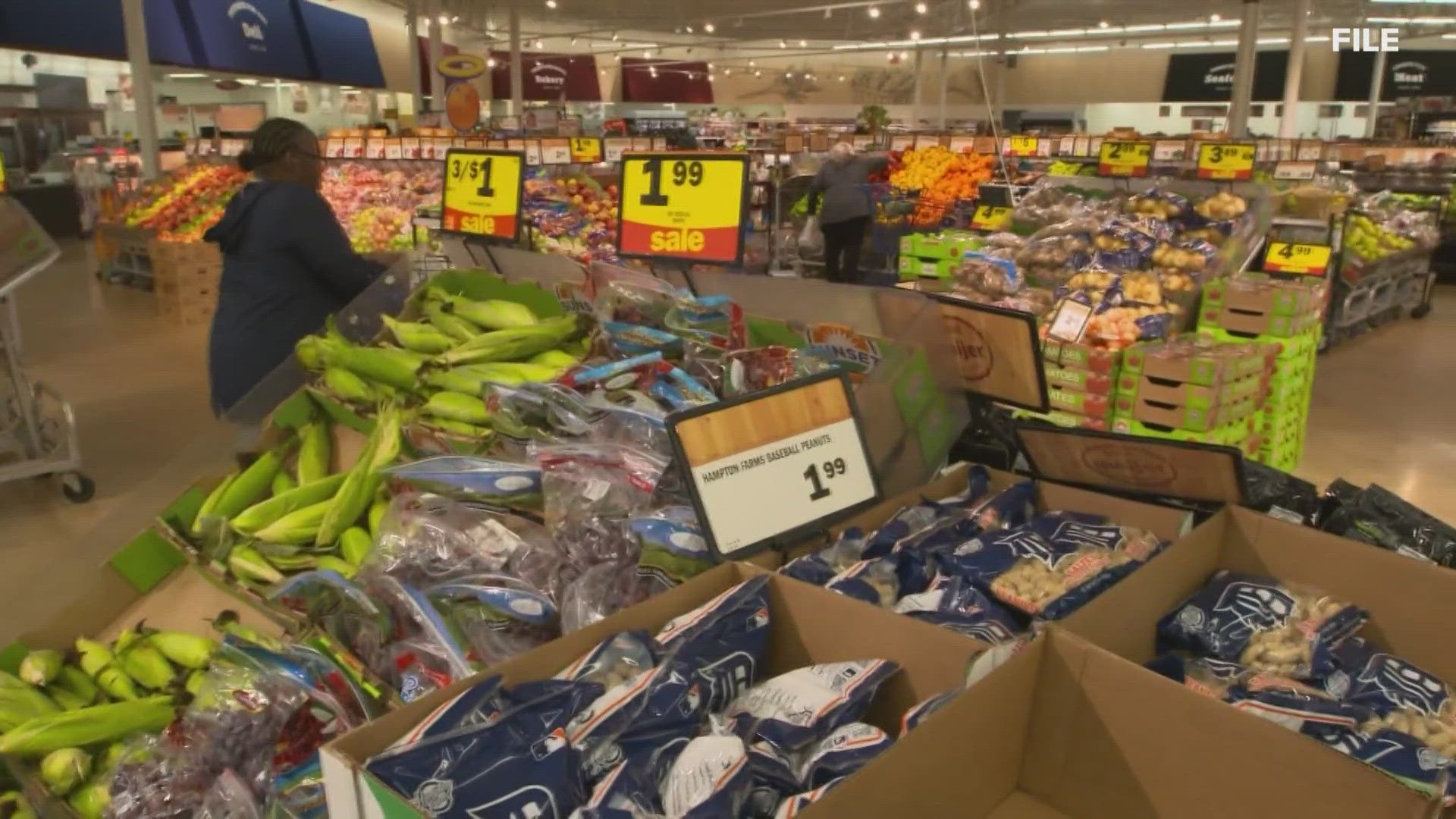HIGHLAND, Ill. — Earlier this month, Illinois Gov. J.B. Pritzker signed a bill that will eliminate the state's 1% grocery tax into law. The law would take effect on Jan. 1, 2026.
Because revenue from the state grocery tax goes to local governments, the new law allows counties and municipalities to impose their own 1% grocery tax by ordinance to make up for any lost revenue. One Metro East city is already considering this.
The Highland City Council at its Aug. 5 meeting began discussion about imposing its own 1% local grocery tax.
Annually, the grocery tax revenue accounts for $330,000 to $350,000, City Manager Chris Conrad said based on information provided by the Illinois Department of Revenue. That's about 10% of the city's current sales tax revenue, an unrestricted revenue source.
"That's pretty important because that means we can use it for any purpose or to fill any budget gaps we may have in any departments," Conrad said in an email to 5 On Your Side.
According to a memo sent Aug. 12 from Conrad to Mayor Kevin Hemann and the Highland City Council, the revenue reduction would be equal to almost two fiscal years' growth in the sales tax.
The reduced revenue into the city budget could prompt budget cuts in the following amounts annually, Conrad wrote:
- $192,000 from public safety (police, fire and building and zoning).
- $86,000 from streets.
- $53,000 from parks (Kote Recreation Center, parks and programs, pool and cemetery).
"Based on this information, I asked the directors to put together action plans for their respective departments that would address these revenue losses in the event the revenue is not replaced," Conrad wrote in the memo.
At the city council's next meeting, which is scheduled for Sept. 3, a proposed grocery tax ordinance will be presented for another discussion. If council members are interested, the proposal would be brought up for another discussion and a vote at a third meeting.

